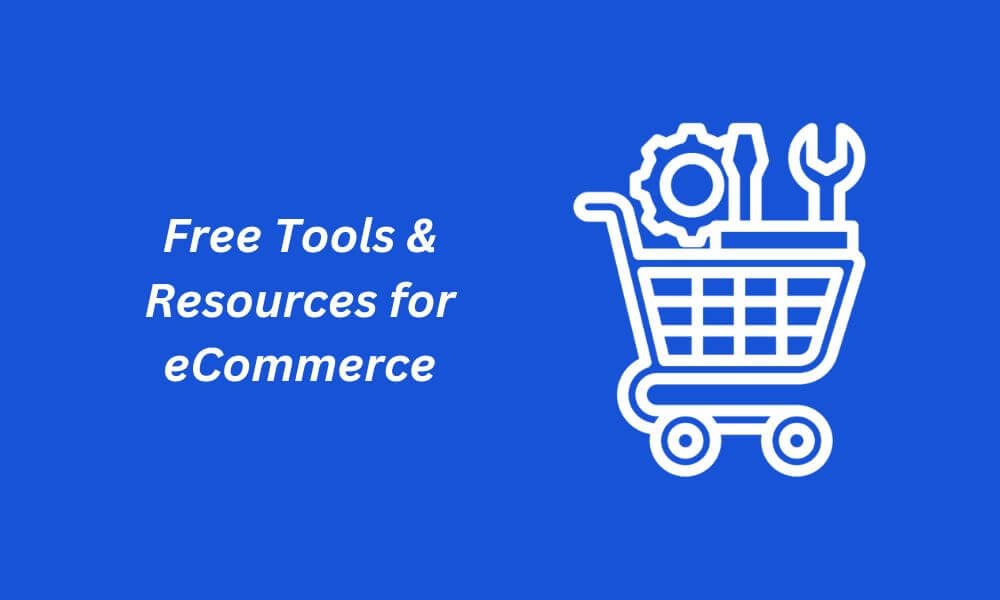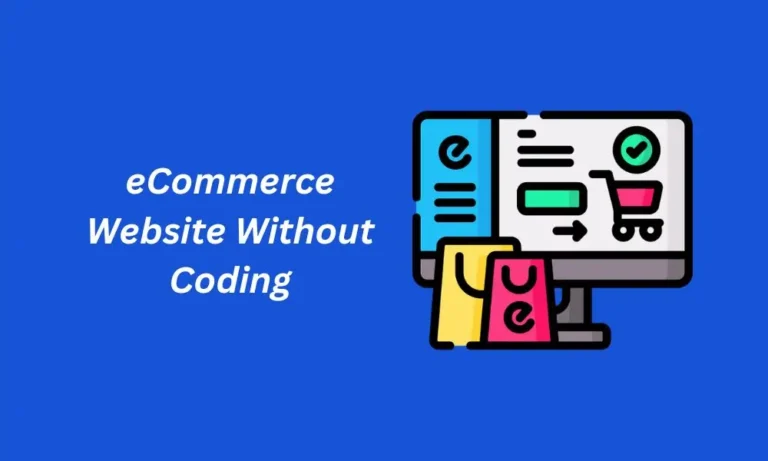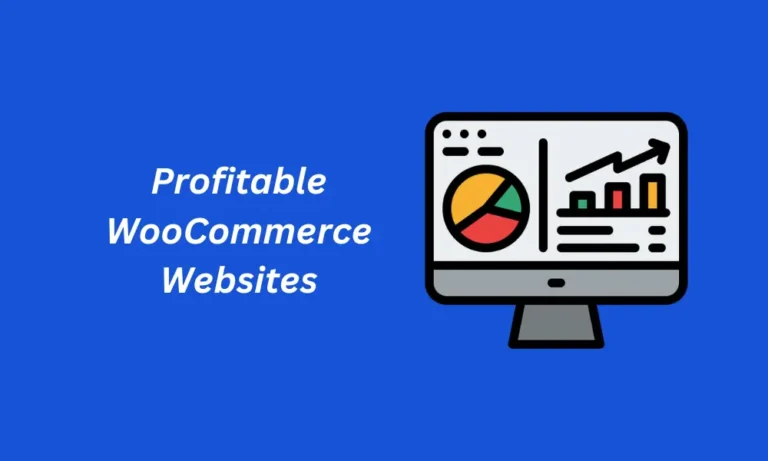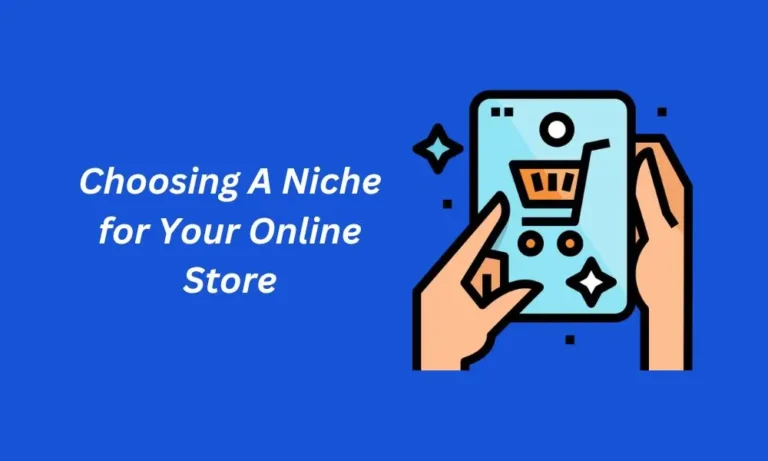Are you looking for free tools and resources to start and scale your eCommerce business? If your answer is yes, then this blog post is for you.
Introduction
Starting an eCommerce business can feel like a daunting task, especially if you’re working with a limited budget. The good news is that launching an online store doesn’t have to drain your finances. Thanks to a variety of free tools and resources available today, you can set up and manage your eCommerce store with minimal to no upfront costs.
This guide will walk you through the essential steps to starting an eCommerce business for free, with tips on everything from setting up your online store to designing a professional brand identity, sourcing products, and managing logistics.
By the end of this blog, you’ll have a clear understanding of the tools and strategies you can use to start and grow your online business without breaking the bank.
Table of Contents
Free Tools and Resources for eCommerce Success
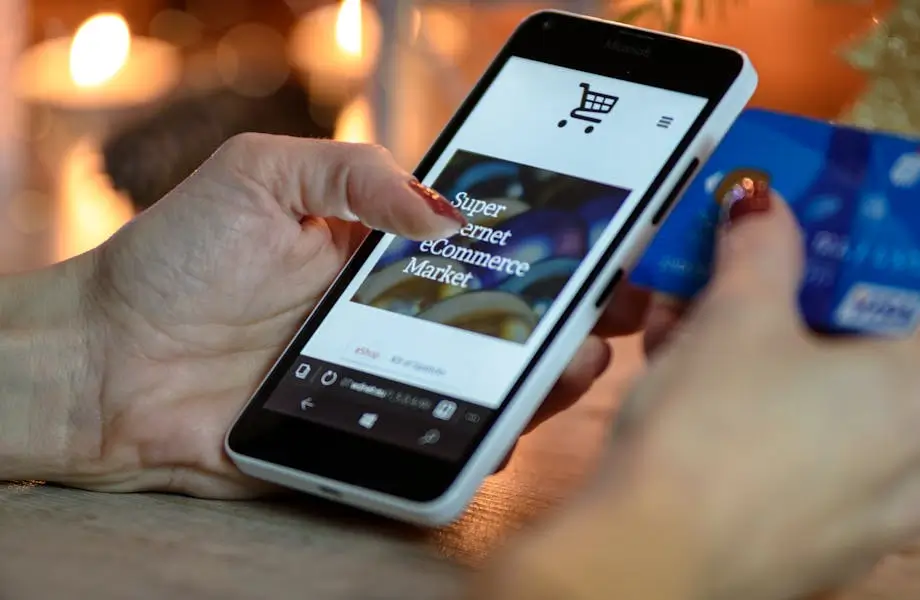
Now let’s dive into the various free tools and resources that can help you start and scale your online store.
1. Set Up Your Online Store
The foundation of any eCommerce business is your online store. You don’t need to spend a fortune on web developers or designers to get your store up and running. With free tools and resources, you can build a professional-looking store that is easy to manage and scale.
1.1 Shopify’s Free Trial
Shopify is one of the most popular eCommerce platforms, and it offers a 14-day free trial that lets you build your store without any upfront investment. During the trial period, you can test all of Shopify’s essential features, including product listings, payment gateways, and store customization options. It’s a great way to experiment with the platform and get your store live before committing to any paid plans.
Once your trial ends, you can opt for one of Shopify’s affordable pricing plans based on your store’s size and revenue. However, by the time your trial ends, you should have a fully functioning store with products listed and ready for customers to make purchases.
1.2 WooCommerce for WordPress
For those familiar with WordPress, WooCommerce is a free plugin that turns your WordPress site into a full-fledged eCommerce store. WooCommerce provides you with everything you need to sell online, including customizable product pages, various payment gateways, shipping options, and inventory management tools.
The benefit of WooCommerce is that it is open-source and free to use. You only need to cover the costs associated with hosting your WordPress website, but with affordable hosting providers like Hostinger, this can be as little as $3 per month.
Pro Tip: When using WooCommerce, be sure to leverage the thousands of free themes available in WordPress to give your store a professional look without the need for a web designer.
2. Design and Branding
Your brand’s visual identity is a critical part of making a strong first impression on potential customers. Luckily, you don’t need a graphic design degree or expensive software to create eye-catching logos, banners, or product images.
2.1 Canva for Design
Canva is a free online design tool that has revolutionized how small businesses create branding materials. Whether you need a logo, social media graphics, or promotional banners, Canva offers a drag-and-drop editor with thousands of pre-designed templates. You can easily customize these templates to fit your brand’s style, even if you have no design experience.
With the free version of Canva, you get access to a wide range of features, including:
- Logo design templates
- Social media post templates
- Marketing banners
- Presentation slides
- Infographics
You can also export your designs in high resolution, making it easy to integrate them into your website or social media campaigns.
2.2 Free Logo Creation
If you want to focus specifically on logo creation, there are dedicated free tools like Hatchful by Shopify and LogoMakr that let you design and download logos for free. These tools guide you through the process by asking for your business name, industry, and preferred style, and then generating several logo options based on your input.
Pro Tip: When creating your logo and other branding materials, maintain consistency in your color schemes and fonts. This will help build brand recognition over time.
3. Free Images and Product Listings
High-quality visuals are essential for capturing your audience’s attention and creating a professional-looking online store. Fortunately, there are free resources available that allow you to use stunning images without paying for stock photos.
3.1 Pexels and Unsplash
Both Pexels and Unsplash are free platforms that offer an extensive collection of high-resolution stock images, which you can use for your product listings, blog posts, and marketing materials. Whether you’re selling apparel, home goods, or digital products, these platforms provide a variety of images that fit various industries and styles.
Using these free resources for product images can significantly enhance the appeal of your store without the need to hire a professional photographer or invest in costly photoshoots.
3.2 DIY Product Photography
If you want to showcase your own products but don’t have a professional camera, you can take high-quality photos using your smartphone. Many modern smartphones have excellent cameras, and with a bit of attention to lighting and composition, you can produce product images that look professional.
Tips for DIY Product Photography:
- Use natural light whenever possible, such as by positioning products near a window.
- Shoot against a clean, neutral background to avoid distractions.
- Experiment with different angles and close-ups to highlight product details.
4. Dropshipping and Print-on-Demand Solutions
One of the biggest challenges for new eCommerce entrepreneurs is handling inventory. Fortunately, dropshipping and print-on-demand services provide an inventory-free business model, allowing you to sell products without having to manage stock or deal with shipping logistics.
4.1 Dropshipping with Oberlo
Oberlo is a dropshipping platform that integrates seamlessly with Shopify. It allows you to add products to your store from a variety of suppliers. When a customer places an order, the supplier fulfills and ships the product directly to the customer. This eliminates the need for upfront investment in inventory.
With Oberlo’s free starter plan, you can:
- Browse and add thousands of products from suppliers around the world.
- Automate order fulfillment, so you don’t have to manually process every order.
- Keep track of inventory levels and shipping details.
Dropshipping is an excellent option for those just starting out because it allows you to test different product categories without the financial risk of buying inventory in advance.
4.2 Print-on-Demand with Printful and Teespring
Print-on-demand (POD) services like Printful and Teespring enable you to create custom products like T-shirts, mugs, phone cases, and more. With these platforms, you only pay for the product when a customer makes a purchase. The POD service handles production and shipping, freeing you up to focus on marketing and sales.
This business model is ideal for anyone looking to start an online store with a custom product line, as you can design your own merchandise without needing to worry about production logistics.
Pro Tip: Use Canva or similar design tools to create unique product designs that resonate with your target audience.
5. Marketing Your eCommerce Store for Free
Once your store is live, the next step is to attract customers. While paid advertising can drive quick traffic, there are several free marketing strategies that can help you grow your business organically.
5.1 Social Media Marketing
Social media platforms like Instagram, Facebook, Pinterest, and TikTok are great avenues for promoting your products and building an audience. Creating business accounts on these platforms is free, and you can use them to showcase your products, run promotions, and engage with potential customers.
To maximize the effectiveness of your social media marketing, consider the following tips:
- Post consistently to keep your audience engaged.
- Use relevant hashtags to reach a wider audience.
- Collaborate with micro-influencers or run giveaways to generate buzz around your brand.
5.2 Email Marketing with Mailchimp
Building an email list is one of the most effective ways to drive sales. With free tools like Mailchimp, you can start collecting email addresses from your website visitors and sending them newsletters, promotional offers, and product updates.
Mailchimp offers a free plan that allows you to send up to 10,000 emails per month to a list of up to 2,000 subscribers. As your business grows, email marketing can become a powerful tool for driving repeat purchases and nurturing customer relationships.
Conclusion
Starting an eCommerce business without a large budget is entirely possible thanks to the many free tools and resources available today. From setting up your store on platforms like Shopify and WooCommerce to designing a professional brand with Canva and using dropshipping and print-on-demand services to manage logistics, there’s no shortage of options to get your business off the ground for free.
With a little creativity and effort, you can build a successful online store without spending a fortune upfront. As you start generating revenue, you can reinvest in your business, exploring paid tools and strategies to help you scale.
Now that you’re armed with all these free resources, it’s time to take action and bring your eCommerce dreams to life. Happy selling!
Frequently Asked Questions
1. Do I need to spend money to start an eCommerce business?
No, it’s possible to start an eCommerce business without spending money upfront. By using free trials for platforms like Shopify, WooCommerce (a free plugin for WordPress), and free tools for design and marketing, you can set up your store at no initial cost. Additionally, dropshipping and print-on-demand models allow you to sell products without holding inventory.
2. What are the best platforms to set up an eCommerce store for free?
For beginners, Shopify offers a 14-day free trial, which lets you build and launch your store with no upfront cost. If you’re familiar with WordPress, WooCommerce is a free plugin that allows you to create a fully functional eCommerce store.
3. How can I design my brand and create a logo for free?
You can use Canva, a free design tool, to create logos, banners, and social media graphics for your brand. Canva offers thousands of templates that are customizable, even for users with no design experience. You can also use free logo generators like Hatchful by Shopify or LogoMakr to create a professional logo.
4. Where can I find free high-quality images for my store?
You can use platforms like Pexels and Unsplash, which offer free high-quality stock images. These images can be used in your product listings, marketing materials, and blog posts to enhance the look and feel of your online store.
5. What is dropshipping, and how can I start for free?
Dropshipping is a business model where you sell products without holding any inventory. When a customer places an order, the supplier handles the fulfillment and shipping. Oberlo, which integrates with Shopify, allows you to start dropshipping for free by browsing and adding products to your store from suppliers worldwide.
6. How can I market my eCommerce store without paying for ads?
You can use free marketing strategies such as social media marketing (Instagram, Facebook, TikTok) to promote your products and engage with your audience. Additionally, email marketing with platforms like Mailchimp (which offers a free plan) allows you to reach out to potential customers with newsletters and promotional offers without spending on paid ads.

